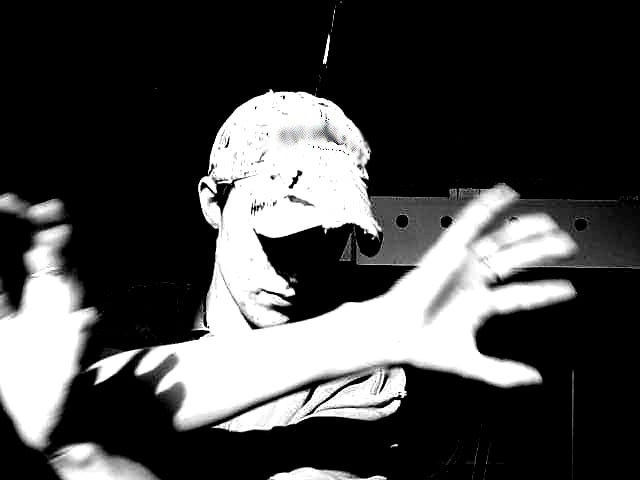Childhood dilemmas: ‘Is a child a property?’
Forum says ‘permissible’ corporal punishment for children is a weakness in law, needs to be removed.

Rashid Aziz, who is the national manager of the Legal Advisory Unit at SPARC, said that 19 countries had completely prohibited any form of corporal punishment. “While corporal punishment is thought to be most prevalent in madrassas, children are also subjected to it at private schools and homes,” he said.
Pakistan is a signatory to the United Nations Convention on the Rights of the Child, with Articles 19, 28 and 37 explicitly making the state responsible for protecting the child from any physical or mental abuse, torture or degrading punishment while maintaining the child’s dignity. The PPC, however, provides parents or guardians the leeway to employ mild punishments as a tool for ‘disciplining’.
Section 89 of the PPC 1860 allows ‘mild’ to ‘moderate’ degree of corporal punishment to a child under the age of 12 by any person with the implied or express consent of the guardian or any other person having lawful charge of the child.
Elaborating on Section 35 of the Punjab Destitute & Neglected Children (PDNC) Act 2004, Aziz said it exempted parents from any liability with regards to inflicting corporal punishment on their children. Section 35 of the PDNC 2004 states that anyone, ‘except the parent’, who has charge of the child and ill-treats the child in a manner which causes mental or physical suffering, shall be punished through imprisonment and/or a fine.
“Is a child property or does he enjoy the privilege of being a respectful citizen?” said Iftikhar Mubarak, programme manager of SPARC’s Violence against Children programme. He said the Punjab government had side stepped the issue by claiming that the amendment of criminal laws falls under federal jurisdiction. Education Department Academic Deputy Secretary Zahid Mehmood said all complaints are duly entertained. He added that after a thorough investigation due action is taken.
The Juvenile Justice System Ordinance completely prohibits corporal punishment of children in detention. According to the Child Protection and Welfare Bureau (CPWB), more than 12,000 children have been rescued from 2005 to 2011 and enrolled in Child Protection Schools of the CPWB, which provide free primary education and legal protection to these children. The Bureau has also proposed that corporal punishment be abolished in all forms under the PPC 1860. The proposed amendment states that whoever inflicts or permits corporal punishment on a child under any circumstance for any purpose, should be punished. Pehchaan, an NGO working for the rights of children, president Dr Naeem Zafar said, “Punishing a child just because the adult is under mental stress is no justification and should not be considered as one.” Dr Zafar added that there have been several cases brought to his notice in which corporal punishment lead to sexual abuse and sexual exploitation of a child.
“There is no explicit definition of ‘mild’ or ‘moderate’ punishment,” he said, adding that while cases get reported, there is no prosecution because the law cannot be considered broken in the absence of explicit definitions of these terms.
Hameed Nizami Press Institute director Absar Abdul Ali argued that while teachers and parents should be educated against corporal punishments for disciplining children, a lot of focus needs to be on the ‘domestic setting’ of the household.
“Any punishment that undermines the self respect of a child has to be strictly prohibited since it causes devastating effects on the child’s personality,” Ali said.
Published in The Express Tribune, December 22nd, 2011.



















COMMENTS
Comments are moderated and generally will be posted if they are on-topic and not abusive.
For more information, please see our Comments FAQ